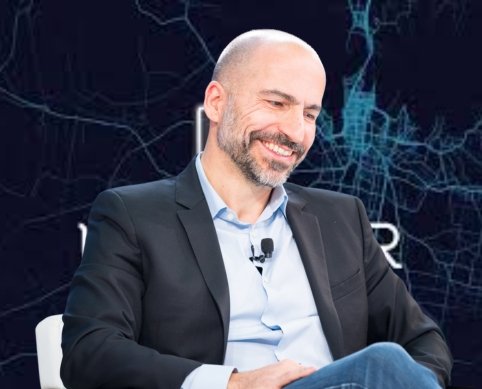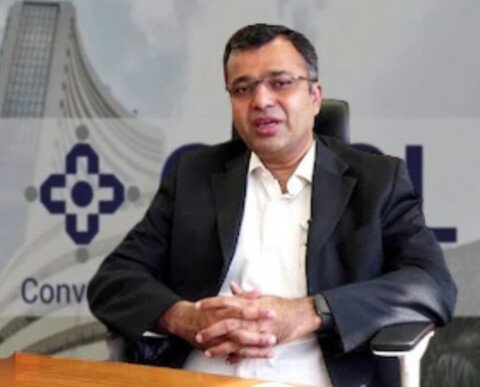The head of Uber, the US-based ride-hailing giant, announced on Friday that the company is experiencing double-digit growth in South Korea and remains “committed” to the country, despite having a relatively small market share.
Uber entered the South Korean market a decade ago but faced significant opposition from taxi drivers, leading to a ban by Seoul city authorities.
Seoul officials also declared UberX illegal, as it involved private drivers offering rides without commercial licenses, which led to the suspension of the service.
Subsequently, Uber launched a joint venture to challenge the dominance of Kakao Taxi, which currently holds a 90 percent share of the market.
Due to local regulations, the joint venture connects riders only with licensed taxis, unlike in many other markets where casual Uber drivers are used.
Initially, the joint venture did not achieve significant progress, but following a rebrand in March, Uber has seen month-on-month double-digit growth. This growth includes increases in both ridership and driver participation, which have improved the service’s reliability, according to CEO Dara Khosrowshahi.
Khosrowshahi noted, “Since the rebrand, usage by international travelers in Korea has more than doubled. In fact, most Uber taxis in Korea now arrive within three minutes of being requested.”
He added that South Korea is a very appealing market, but it presents unique challenges for Western companies. This is one reason why Uber has established local partnerships.
“We have great respect for local regulators and believe we can build a successful business by working in alignment with local regulations,” Khosrowshahi said.
Although domestic taxi drivers contend that the Kakao app’s high commission rates hurt them, they have long voiced their displeasure with the platform and nonetheless utilize it because of its substantial market share.






